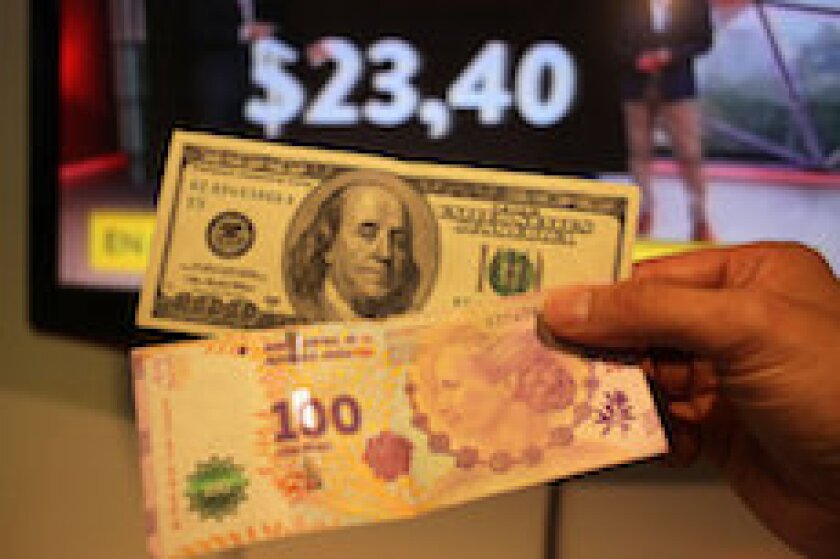Bankers were divided over whether wobbles this week in the international currencies would filter down to how MTNs were issued, but agreed that the liquidity in these currencies might not continue.
“We still have loads of cash swilling around looking for a return,” said a head of syndicate, but he warned that once dollar rates rose and better returns became available in hard currencies, the EM tide might ebb.
A credit strategist agreed: “The fact that US 10 year Treasuries are trading at 3% makes investors reconsider the reward they would get for investing in emerging market debt.”
He added: “There is definitely a feeling around that investors are exiting positions and bond outflows are at the top of the agenda here.”
The drive to issue bonds in local currencies is driven by confidence, the syndicate head said. In the past, if a supranational wanted to sell an MTN, it had to do so in a hard currency like the dollar because there was no liquidity for emerging market currency denominated paper.
As low yields in the euro pushed appetite further afield, this encouraged issuers to place MTNs in EM currencies. Liquidity grew and local corporates followed supranationals, placing notes in their home paper.
Bonds this month were privately placed by high quality credit issuers like the International Finance Corporation, European Investment Bank, and European Bank for Reconstruction and Development in Turkish lira, Mexican pesos and Argentinian pesos.
The risk that investors take on more volatile currencies are offset by the credit quality of this type of issuer.
Just this week, MTN issuance in more volatile currencies went quiet and the credit specialist said it was hard to find a larger positive tone in emerging markets after big moves in currencies from countries like Argentina, Turkey, India and Indonesia.
